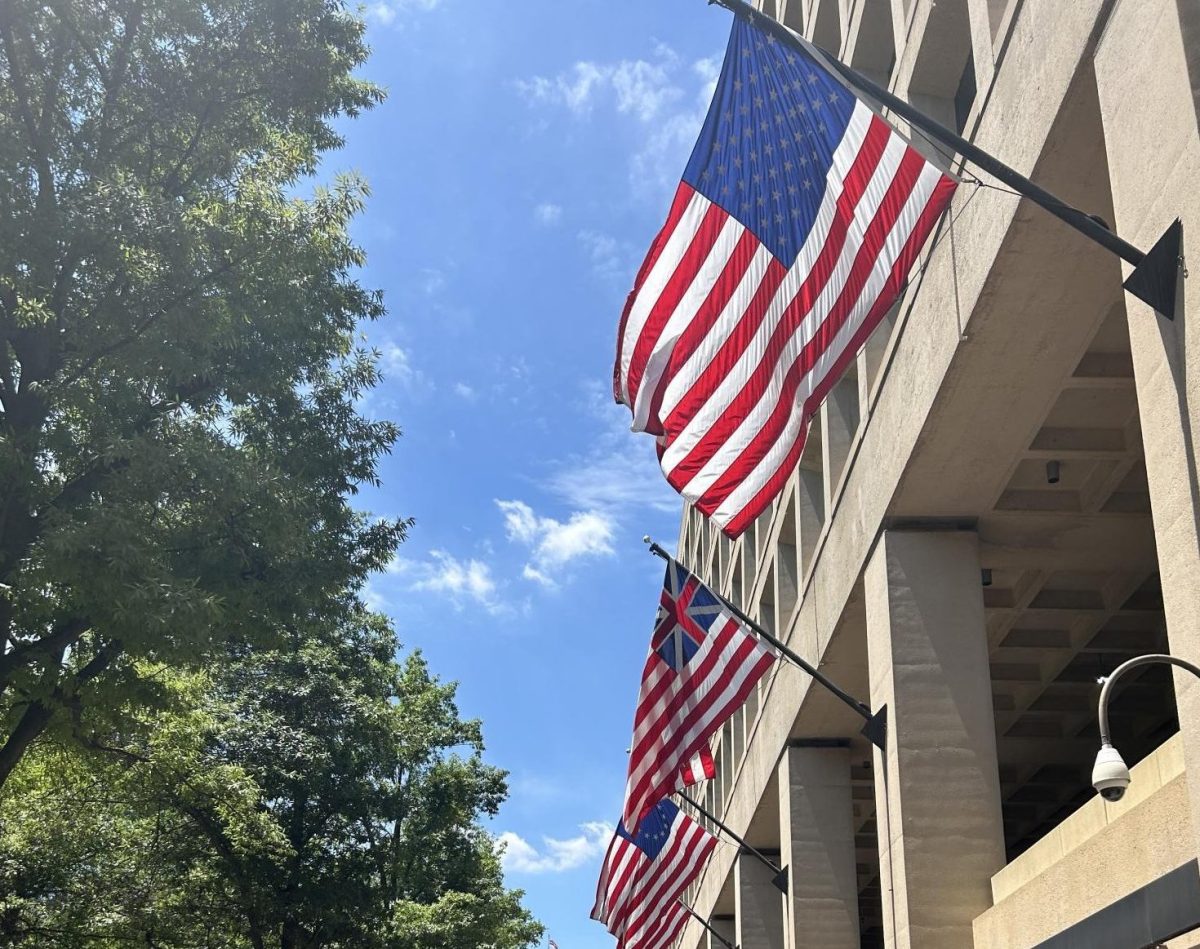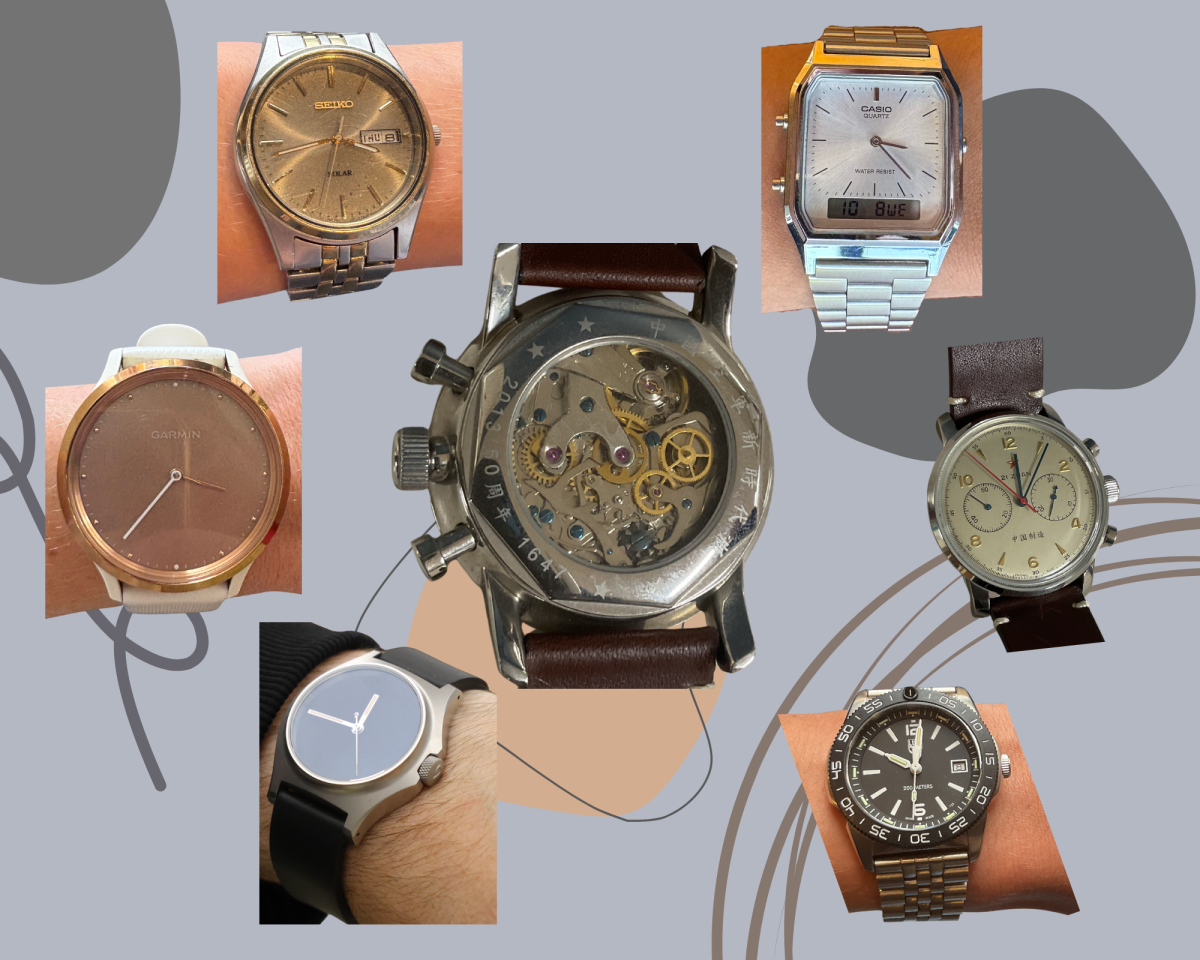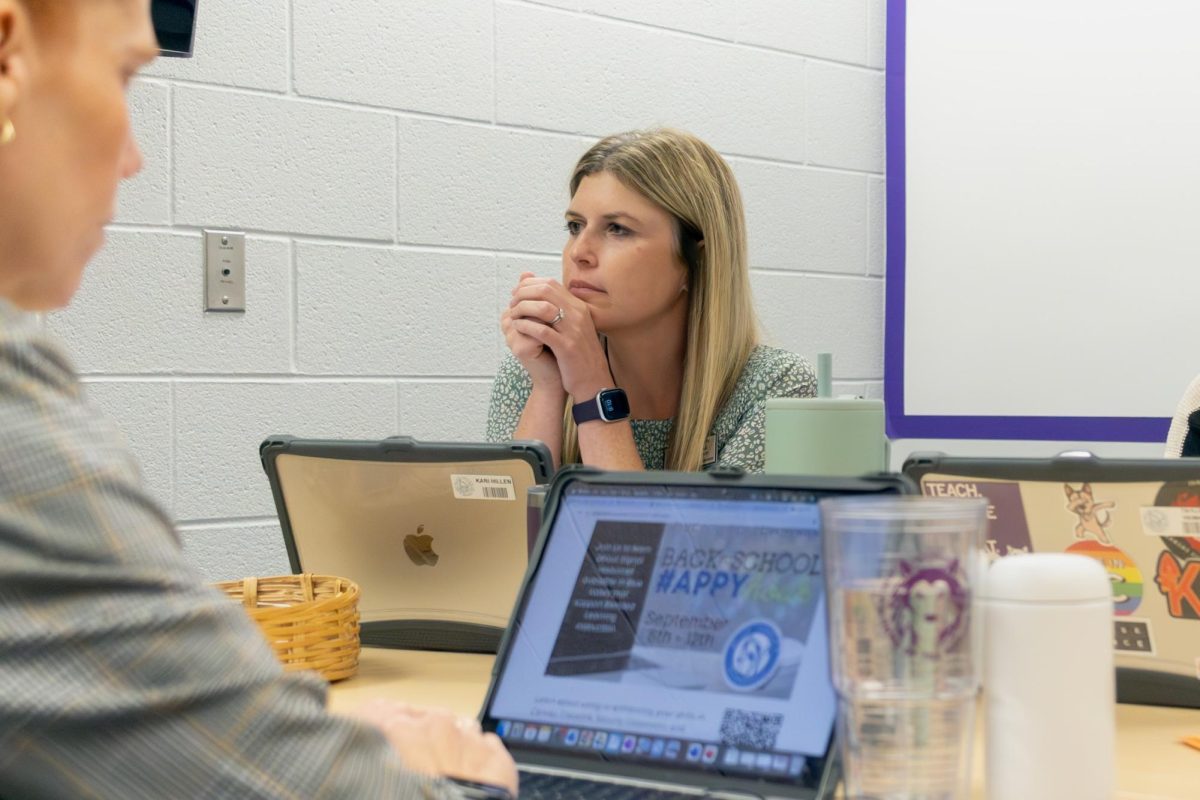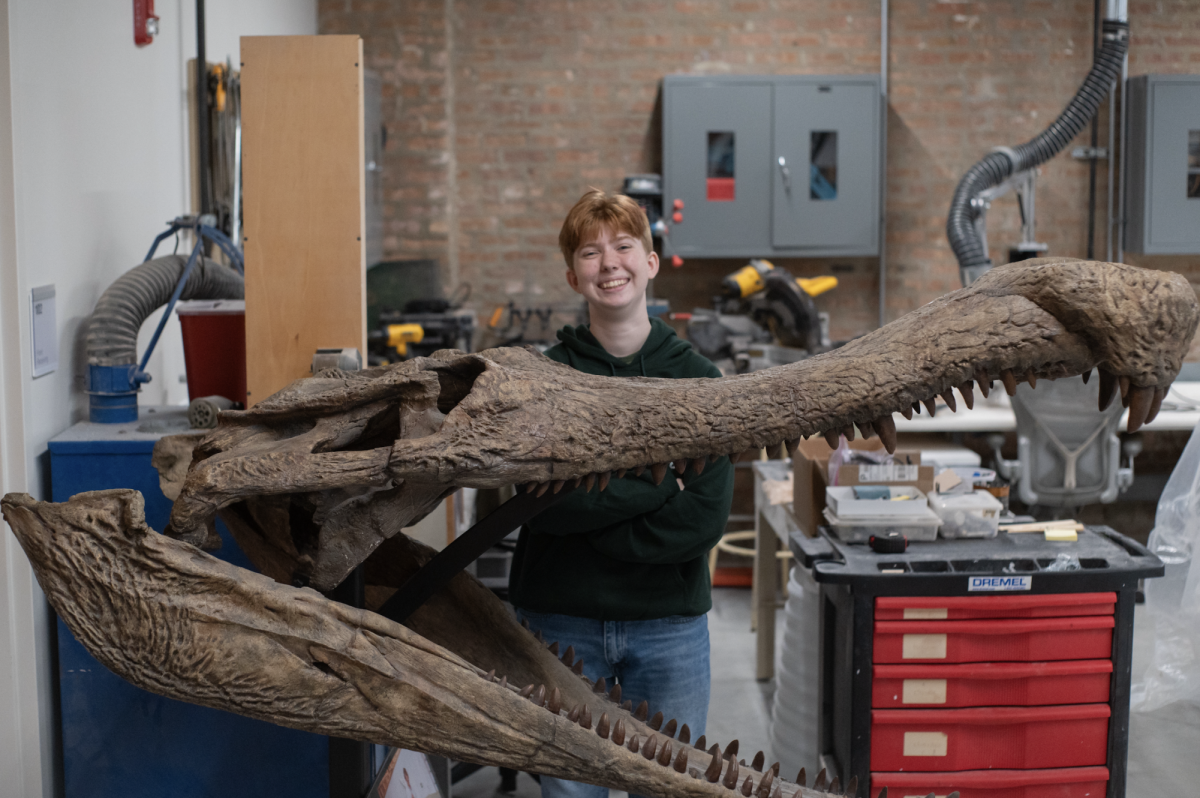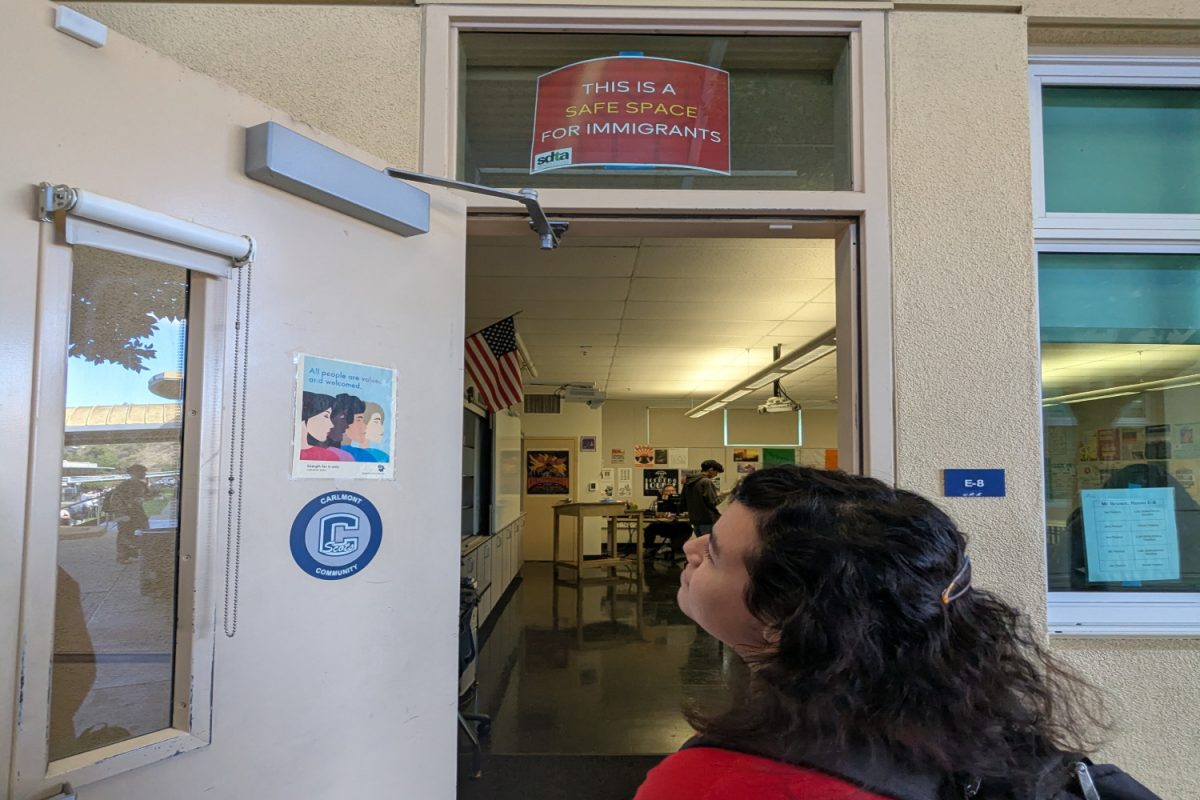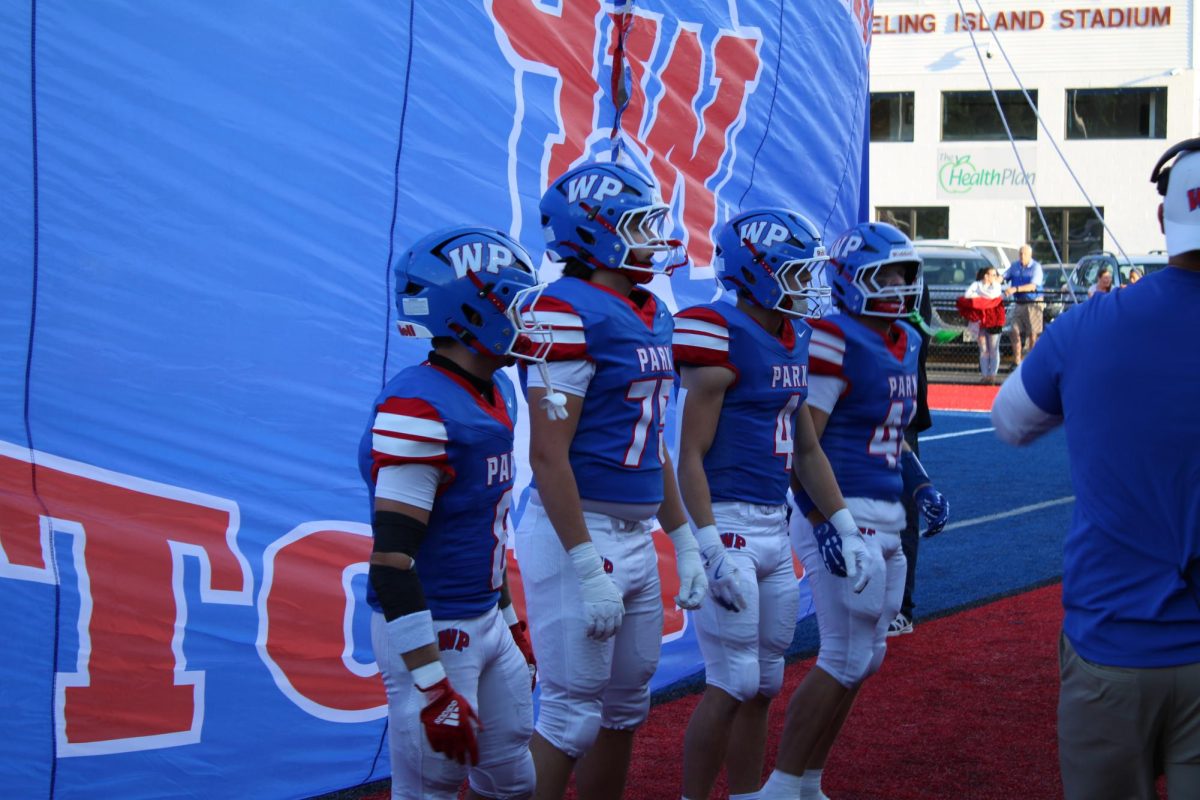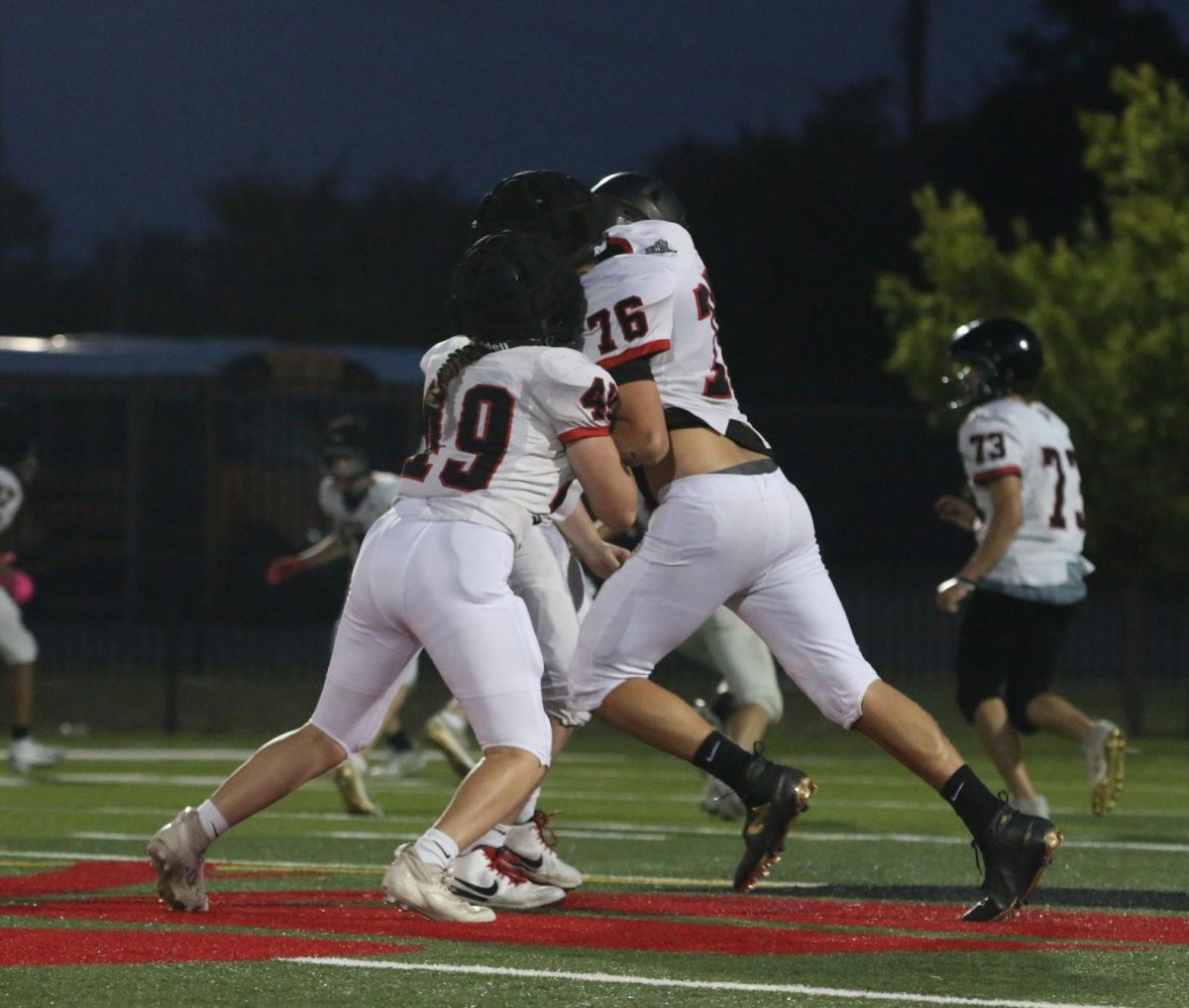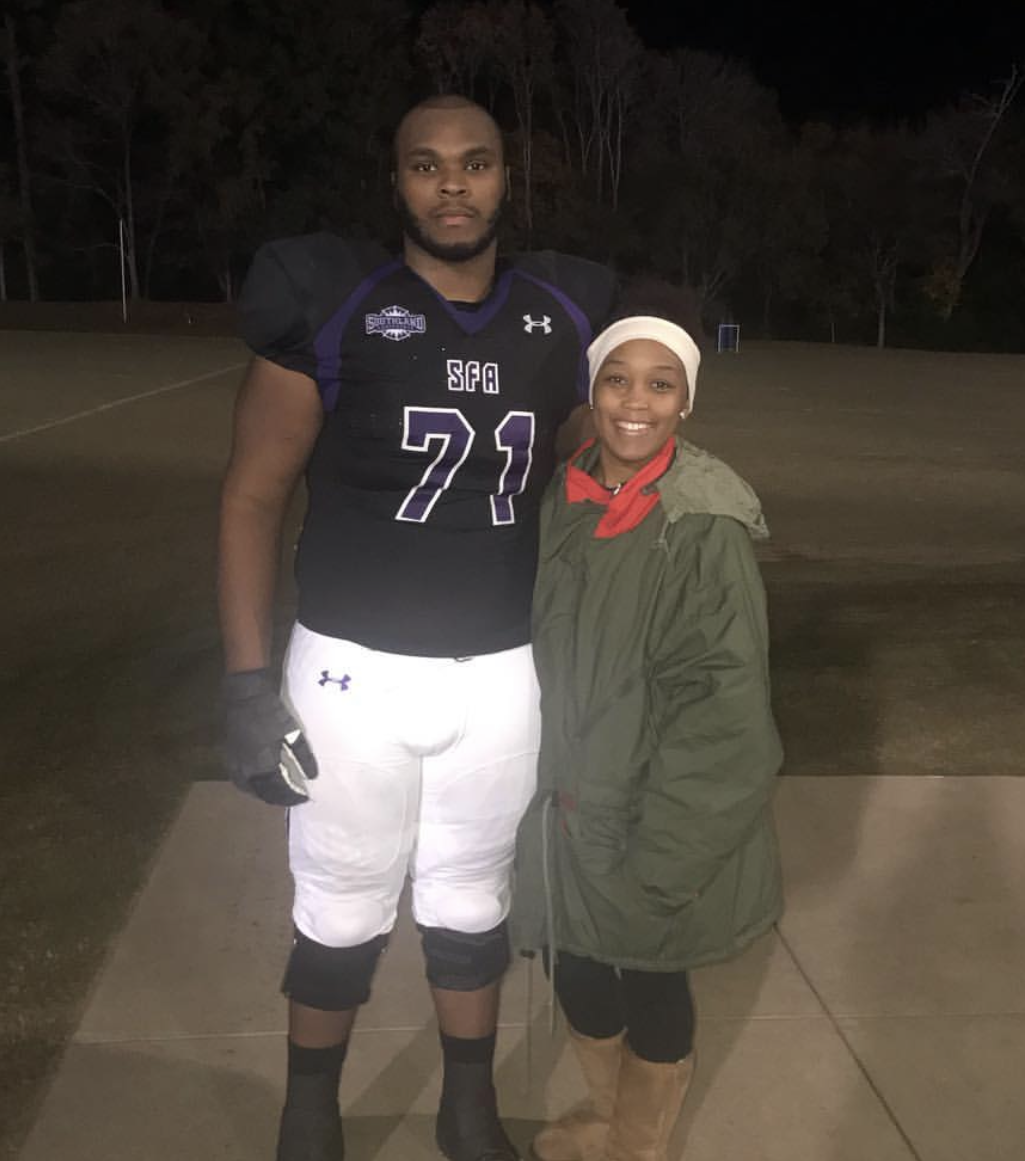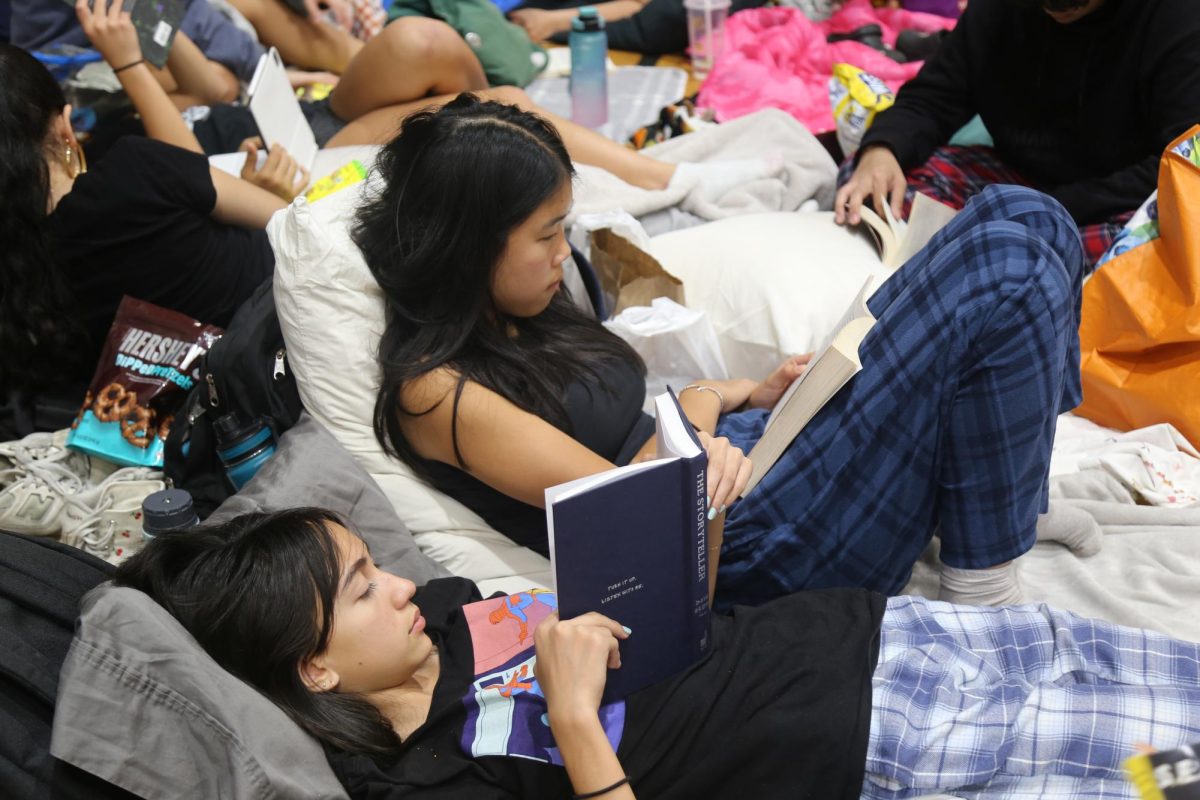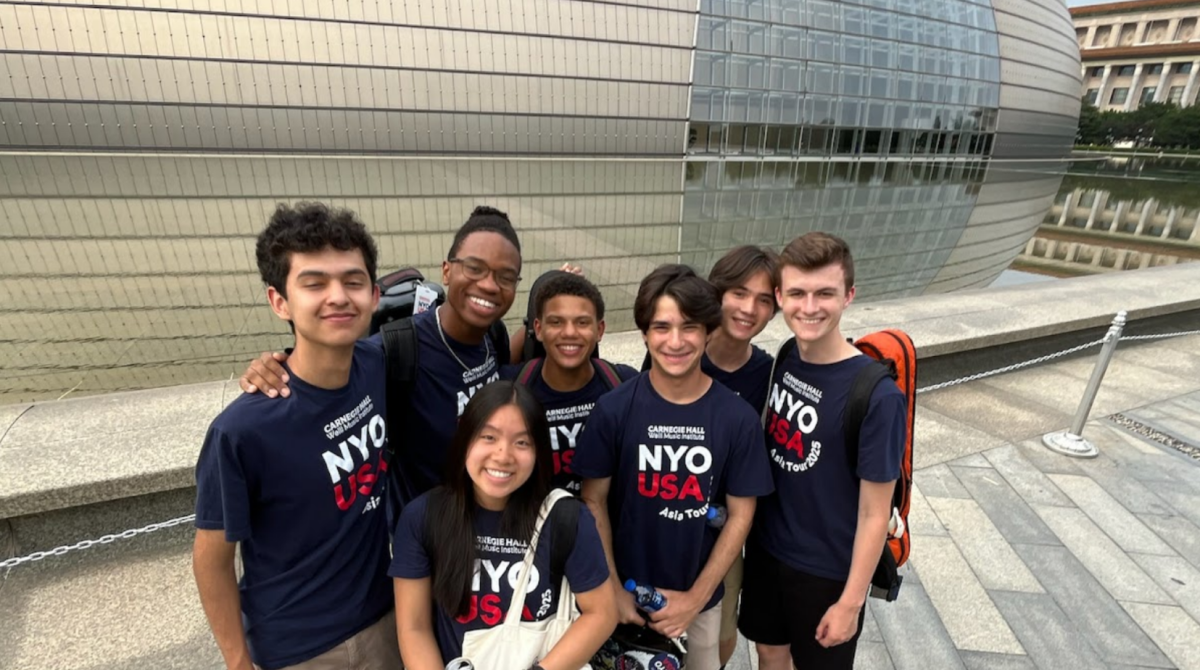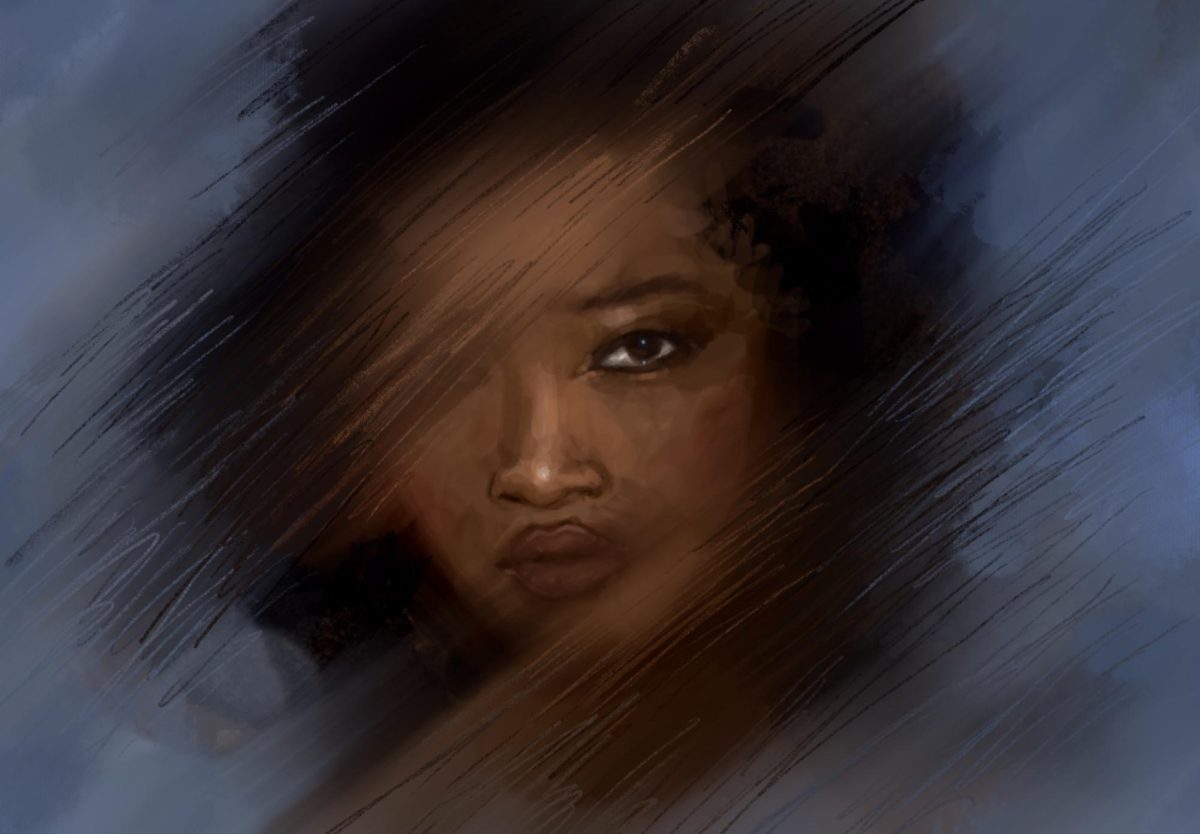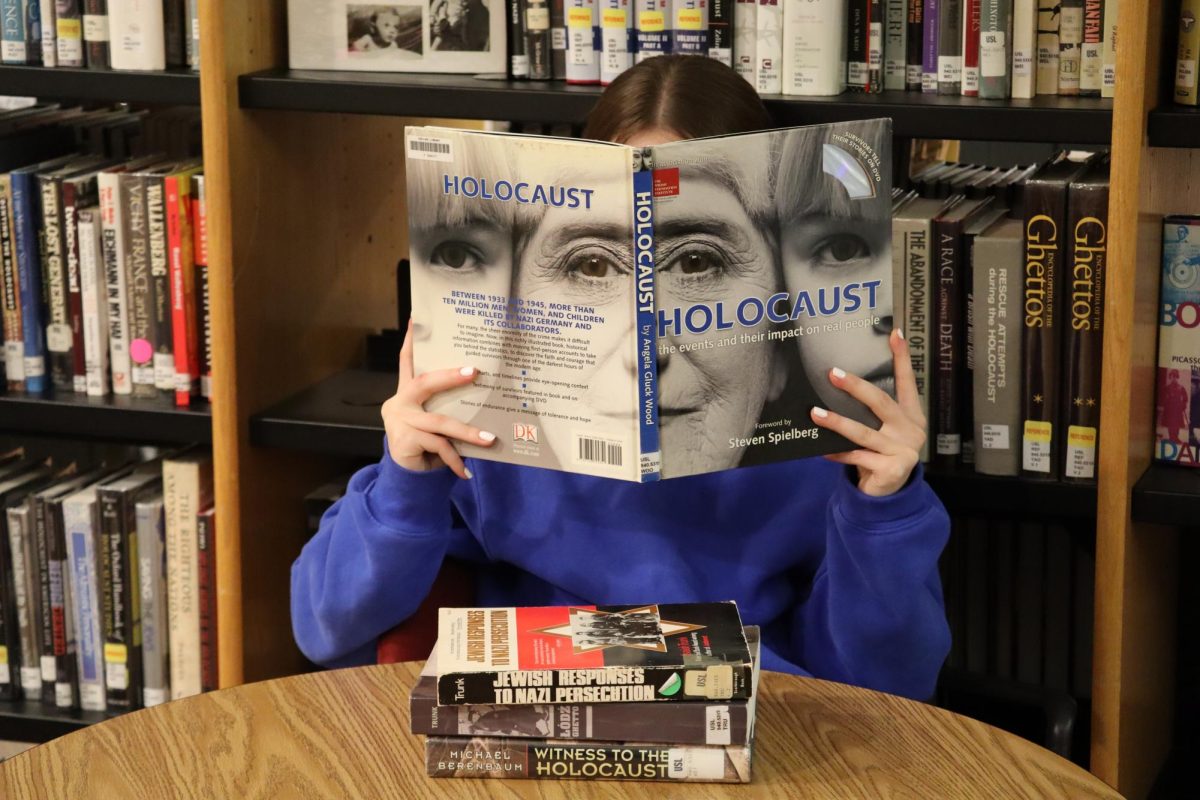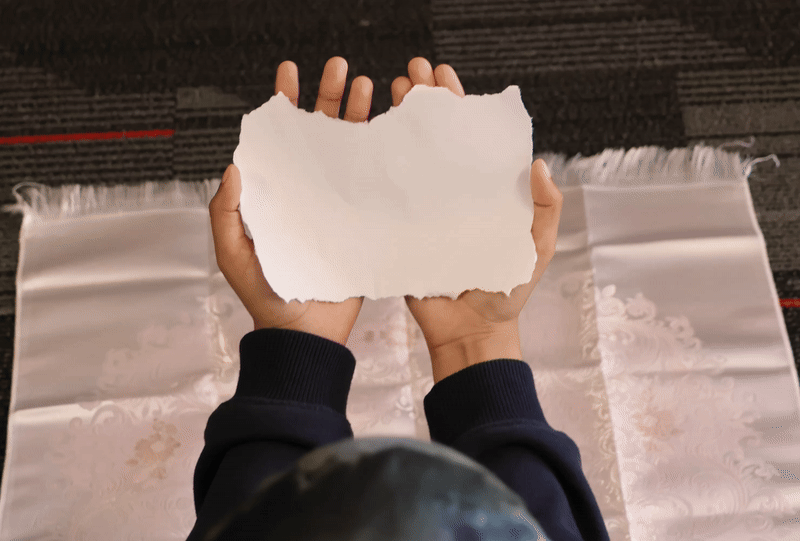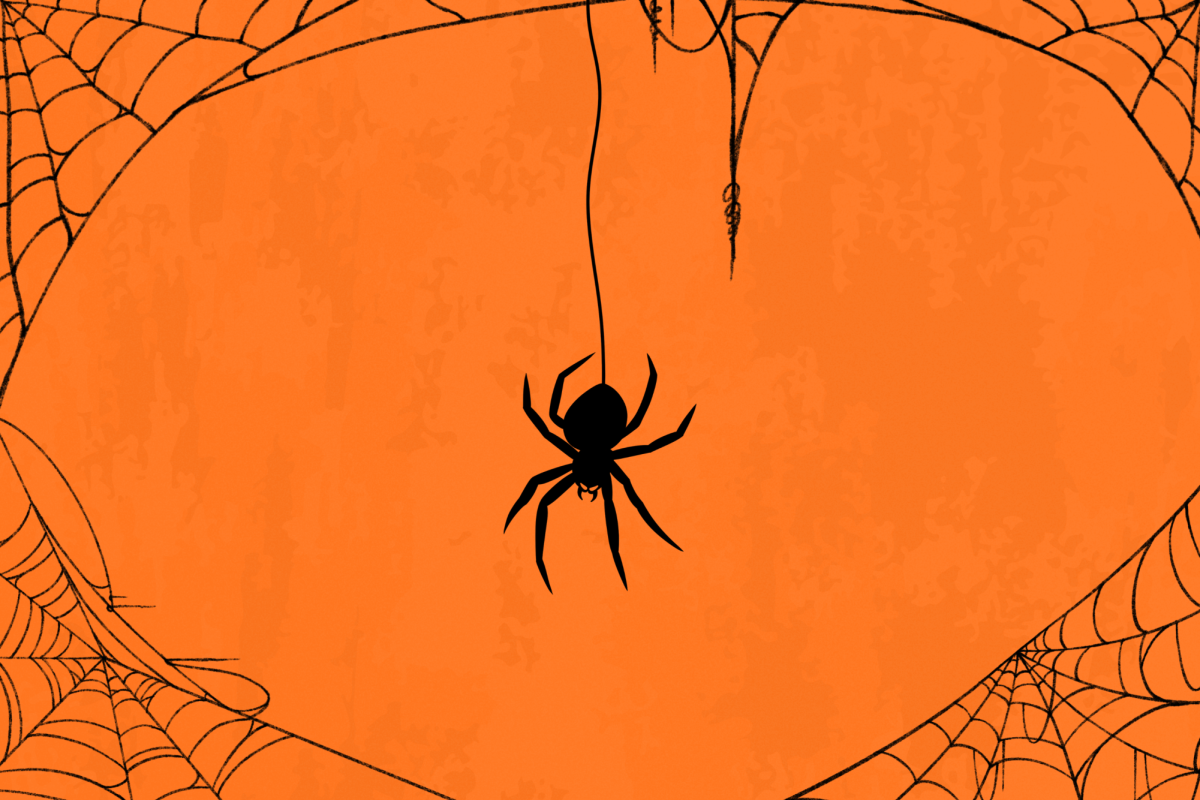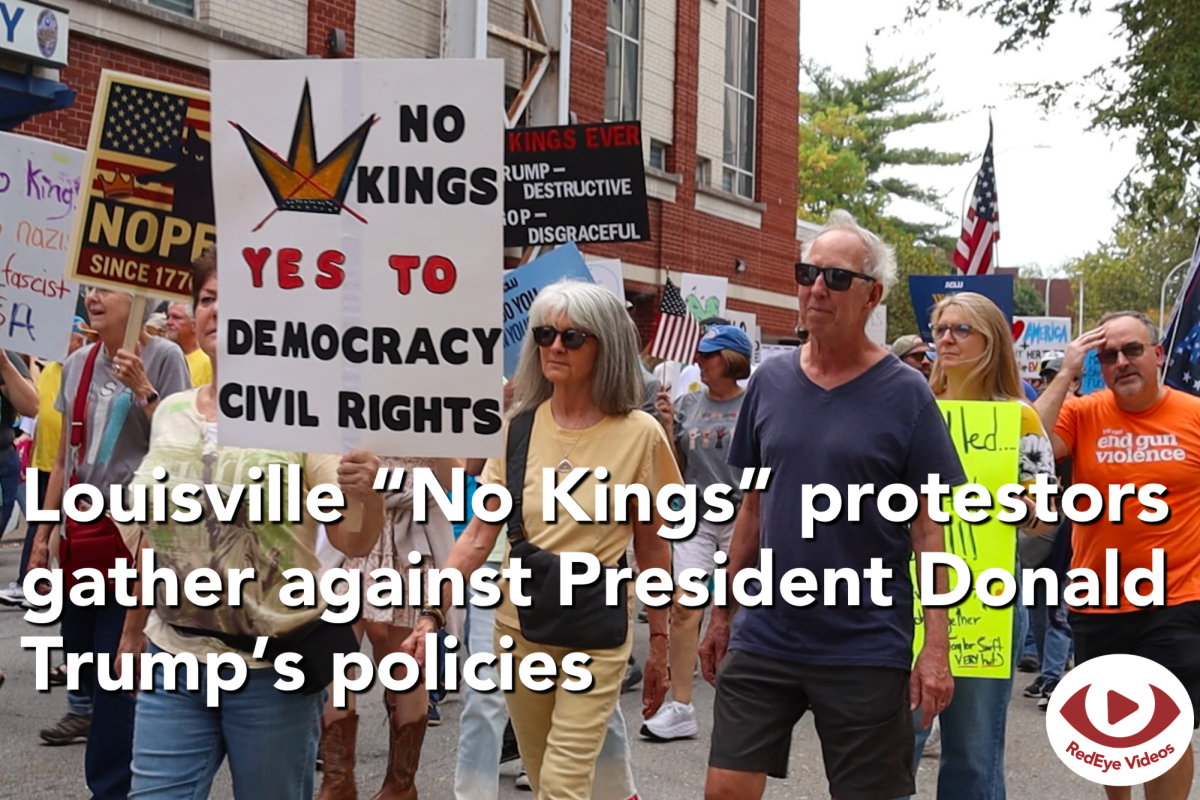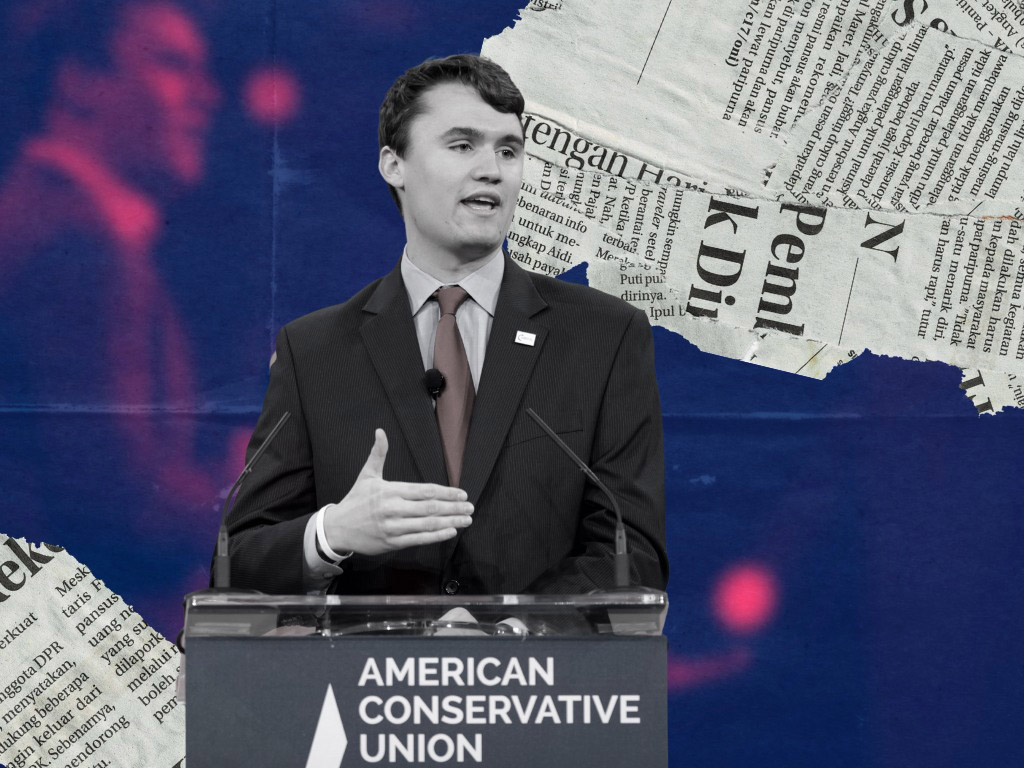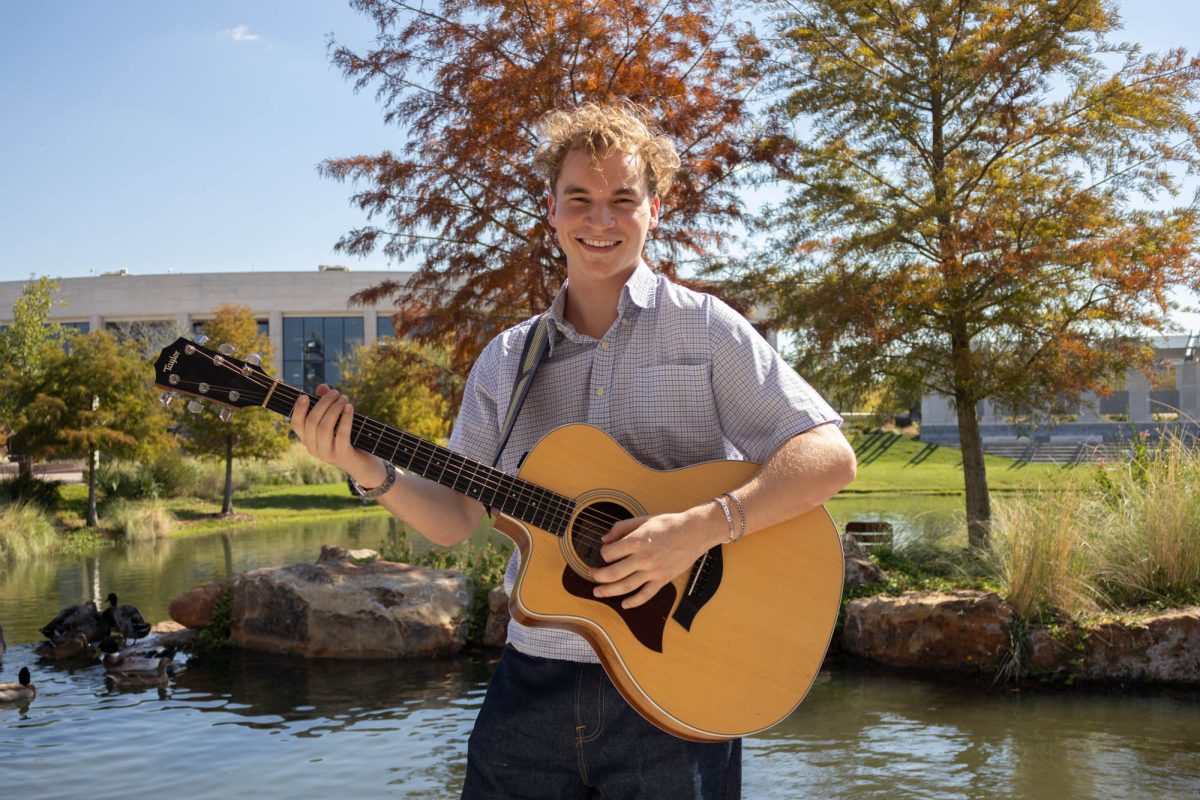Political commentator Charlie Kirk was fatally shot from a nearby rooftop while hosting an event at Utah Valley University last Wednesday.
The event rocked the nation and the community at Drake, leading to a vigil hosted by College Republicans last Thursday. Mourning surrounded the country, as politicians on both sides of the partisan divide posted on social media, expressing their grief and compassion for Kirk’s family.
While some mourned, others celebrated and argued. At Drake, students took to social media and the anonymous conversation app YikYak to voice their opinions regarding Kirk and their feelings on his death. Vice President and Dean of Students Jerry Parker sent an email Sept. 11 at 1:35 p.m. to students to “reaffirm [Drake’s] commitment to communicating across differences.”
Parker sent out another email the next morning at 8:43 a.m., urging students to remain civil in discussions regarding Kirk’s death.
“Over the past few days, I have heard about and seen screenshots of the bullying, trolling, and vitriol appearing on a certain anonymous social media site. Quite frankly, I’m extremely disappointed and tired of it. […] We are better than this,” Parker wrote.
Drake Chair of the Department of Political Science Rachel Paine Caufield says the nation has slowly become unable to have productive conversations.
“We are more angry, more frustrated, more combative than we’ve been for at least the past several decades,” Paine Caufield said. “It feels fraught. It feels dangerous and scary. It feels like we’re on the precipice of something that we can’t put back in the bottle.”
Paine Caufield organizes several events that allow Drake students to interact with political figures and works closely with the Director of Public Safety, Scott Law, to ensure safety for attendees. When she first learned Kirk was shot at a college event, it hit “close to home.”
“You lie awake the night before any event, and you go through every possible worst-case scenario,” Paine Caufield said. “And then you see it on your TV screen, and it is just devastating to know the [Utah Valley] campus community is dealing with that. Those students are dealing with that.”
Paine Caufield will have to slightly rework her approach in planning for future events.
“I’m keenly aware of the importance of putting citizens in direct contact with elected leaders, candidates and public figures,” Paine Caufield said. “I’m also keenly aware of the security measures that we have felt that we needed to take. I think on the heels of this event, there will be considerably more attention given to security.”
At university events, Law and his colleagues find ways to balance rising political polarization with Drake’s commitment to free speech. The Statement of Principles says “Drake University upholds freedom of thought and freedom of expression as central to its educational mission.”
“Drake strives to have that [civil political] communication among our students. No institution is perfect,” Law said. “But if we can’t have it on a college campus among college students who are trying to make this country better, then we’re going to have much bigger problems.”
To ensure student voices can be raised safely, particularly during guest speaker events, the university uses risk assessments and after-action reports. Following national incidents, the public safety department gathers as much information as possible to plan for and prevent a similar incident, while avoiding getting ahead of themselves.
“We have to evaluate each individual speaker event that we plan at our campus or at any campus for that particular venue and not become so tunnel vision,” Law said.
Risk assessment is a procedure that determines the safety protocol needed for a given event. It is based on who the speaker is, the topic of discussion, the directed audience and past experiences with the speaker, at Drake or somewhere else.
‘One of the things that I have found over my career that works really well is to reach out to other colleges and universities where that person has recently spoken and say, “What happened? Did you have issues? Were there problems? Did the speaker create any problems?”’ Law said.
The variety of factors being taken into account is also a notable aspect.
“It is no one factor that should determine what you do,” Law said. “I think the danger sometimes becomes when you start to use a cookie-cutter approach to all your events.”
Drake politics professor Jennifer Glover Konfrst has a more personal perspective on political violence as a 2026 congressional candidate. In her immediate reaction to Kirk’s death, she felt “continued fear and disappointment in our current political environment,” adding that political violence should not have to be a concern.
This summer, Minnesota congresswoman Melissa Hortman and her husband Mark Hortman were shot dead in their home in Brooklyn Park, Minnesota.
“[It] hit very close to home,” Konfrst said, “because like [Melissa Hortman], I was a House leader in the state, and it feels very scary.”
Recent violence means Konfrst no longer travels alone to events in the state. Her family always locks the door when they are home and is more on edge.
“I’m in no way claiming that I’m a victim,” Konfrst said. “Let’s not forget that we also had a school shooting yesterday [Wednesday, Sept. 10 at 12:24 pm] and that there’s violence everywhere.”
Konfrst, like Parker, expressed exasperation with the extreme divide felt in politics that contributes to the violence and exacerbates it.
“I want to make it clear that political belief should never weigh in on how people react. We should be upset when anyone is attacked politically,” Konfrst said.
Despite the division seen and felt in political discourse, Konfrst says elevating differing viewpoints to be heard is still important as ever.
“The goal of political violence is to silence people’s voices,” Konfrst said. “You should not have to be afraid of being killed because of what you say in this country. The whole purpose of the First Amendment is to allow somebody who completely disagrees with you the same platform you have.”
Paine Caufield believes there has not been a rise in political violence recently, but a recent belief that the current conditionamount is abnormal. She believes there is a “recency bias,” where every current generation believes that they “live in extraordinary times.”
“Political violence has always been with us,” Paine Caufield said. “Certainly, there are periods when we’ve had more political violence or less political violence, and the country’s gotten through it. I think we kind of need to lift our heads above the water line and figure out how to get beyond it.”
Konfrst stresses that the more frustrated a person is, the more needed their voice is, because people who benefit from political polarization want to see people tune out.
“While political violence and polarization are designed to make people tune out,” Konfrst said, “I think it’s never been more important that people lean in and engage and demand better from their system.”
This story was originally published on The Times-Delphic on September 17, 2025.


